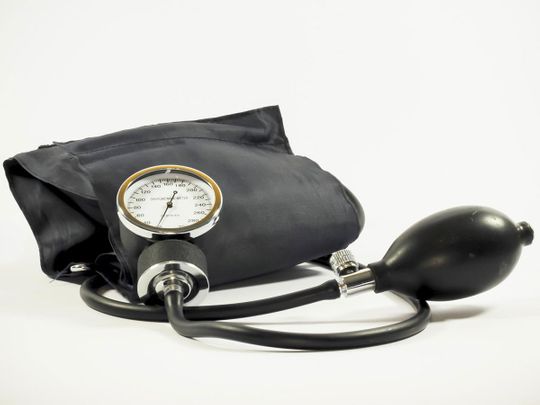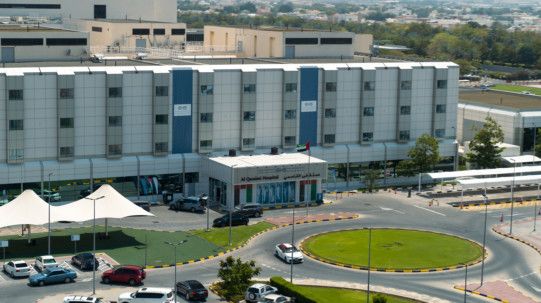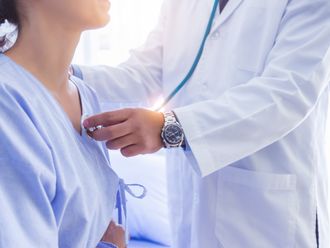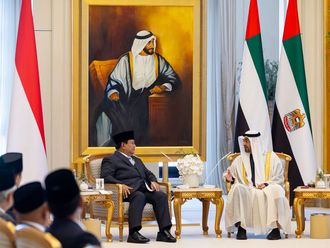
Sharjah: Three patients who were grappling with persistently unstable blood pressure despite having multiple medications, have been treated with a ‘groundbreaking’ catheterisation technique called ‘Paradise’.
The Cardiac Catheterisation Unit at Al Qassimi Hospital in Sharjah, under Emirates Health Services (EHS), successfully carried out the three procedures this month at the Cardiac Centre.
The procedures were performed on the patients aged between 45 and 75, who could not manage blood pressure despite being on medications of over four different types, EHS said on Tuesday.
These three operations signify a leap in catheterisation techniques utilising the Paradise system, first to offer by EHS and implemented at Al Qassimi Hospital as a cutting-edge technological solution for high blood pressure treatment, it stated.

Procedure and cost
Setting a new standard in the Middle East region, the catheterisation process with Paradise involves the precise heating and isolation of the sympathetic nerves encasing the renal arteries, pivotal in hypertension management. Moreover, it emits ultrasound waves penetrating the artery wall within a range of 1mm to 6mm using balloons of varying sizes from 3.5mm to 8mm. Each artery requires two to four waves, with each wave lasting around seven seconds.
The catheterisation procedure using Paradise usually takes around an hour, and patients are discharged from the hospital within 24 hours. The cost of the operation ranges between Dh40,000 to Dh60,000.
Dr Essam Al Zarooni, acting executive director of Clinical Services Sector at EHS, said: “EHS demonstrates a steadfast commitment to providing comprehensive and specialised healthcare to patients through advanced medical procedures like catheterisation at the Cardiac Centre in Al Qassimi Hospital using the Paradise system. This further solidifies its position as a leading healthcare entity at both the local and global levels.”
Dr Arif Al Nooryani, director of Al Qassimi Hospital in Sharjah, said: “These interventions not only improve patients’ quality of life and mitigate severe health complications associated with such conditions but also reduce the risks of heart attacks and strokes, ultimately bolstering the community’s overall health.”











